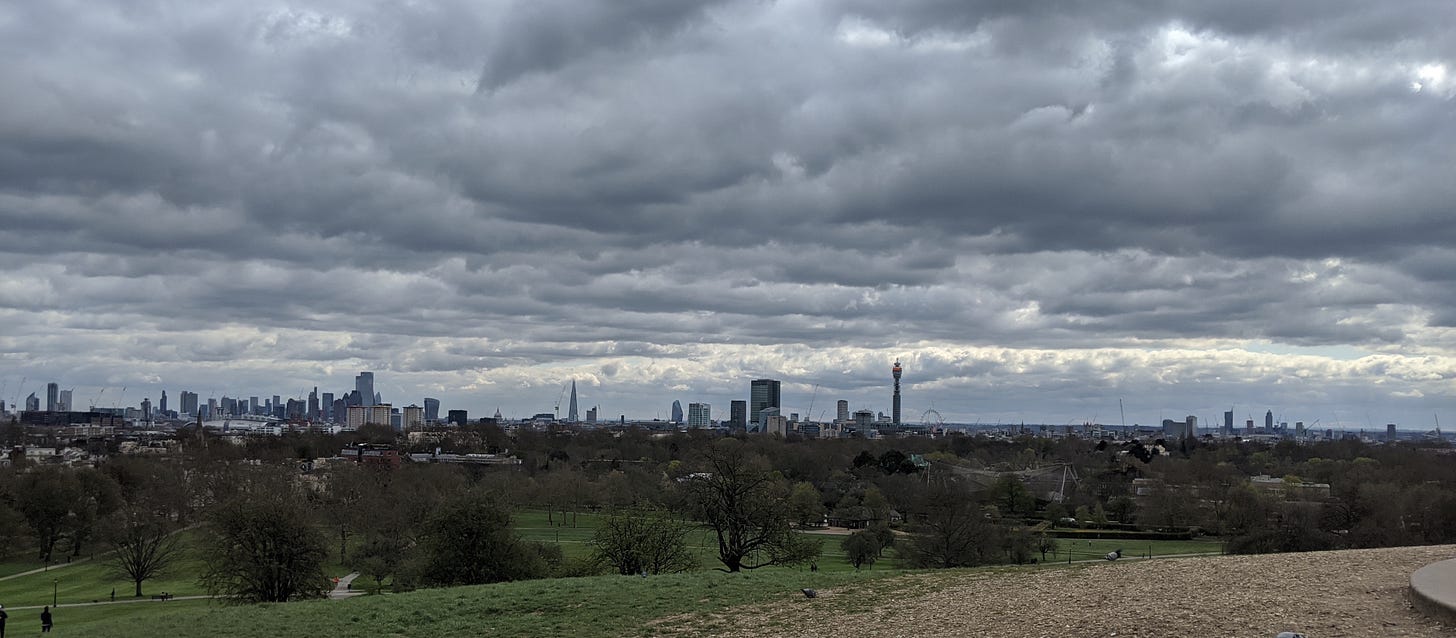The importance of resilience
"I’m not going to take all the weights out of the gym; that’s the whole point of the gym. This is the gym".

It’s increasingly challenging to talk about the need for workforce resilience because the issue is becoming quite emotive. I really enjoyed Jonathan Haidt’s book last year The Coddling of the American Mind (subtitled How Good Intentions and Bad Ideas are Setting Up a Generation for Failure) which really hit on the issues that have been afflicting US campuses for a while. The challenge is that increasingly students are increasingly equating emotional hurt (‘that speaker being invited to speak is an insult to me’) with physical pain (‘… and the upset it’s caused me is like you have punched me in the face’). [You might find podcast versions of Haidt’s thinking easier to listen to].
He styles this dichotomous thinking (the idea that there is a choice: ‘you are either for me or against me’). It’s not only polarising but - in Haidt’s mind - leads to greater fragility of those who associate themselves with it.
The notion that underpins this is that humans are so fragile that challenging their beliefs presents a danger to them, the mere presence of someone they don’t agree with at their college is triggering for them. Clearly the challenge of appraising this is that from a perspective of (my) white, male privilege it’s very easy to discount the daily burden of the passive aggression of endemic system-wide prejudice.
It’s why the take of Van Jones (formerly an advisor to President Obama) is so powerful.
“There are two ideas about safe spaces: One is a very good idea and one is a terrible idea. The idea of being physically safe on a campus—not being subjected to sexual harassment and physical abuse, or being targeted specifically, personally, for some kind of hate speech—“you are an n-word,” or whatever—I am perfectly fine with that.
But there’s another view that is now I think ascendant, which I think is just a horrible view, which is that “I need to be safe ideologically. I need to be safe emotionally I just need to feel good all the time, and if someone says something that I don’t like, that’s a problem for everybody else including the [university] administration.”
(Aside from the viral apocalypse) this is top of mind right now after a recent letter by over 300 employees and writers of The Guardian angry about an article by Suzanne Moore. You only need a passing awareness of the issues to know that there’s a fierce dispute between Trans allies and a large section of radical feminists. (Even choosing the words to describe that dispute made me walk on eggshells and I am setting out here to avoid being part of the argument). Editor Kath Viner strongly pushed back against the letter: “It is never acceptable to attack colleagues whose views you do not agree with, whether in meetings, on email, publicly or on social media.”
I’m fascinated with this. Is this sensitivity to making work a safe space antithetical to resilience? As individuals but also as companies we need to cultivate the capacity to bounce back from short-term knocks. Surely we should want our employees to have a capacity to withstand small setbacks. A lot of it goes the heart of ‘identity politics’.
That’s why I find what Van Jones said next so compelling:
“I’m not going to pave the jungle for you. Put on some boots, and learn how to deal with adversity. I’m not going to take all the weights out of the gym; that’s the whole point of the gym. This is the gym. You can’t live on a campus where people say stuff you don’t like?! And these people can’t fire you, they can’t arrest you, they can’t beat you up, they can just say stuff you don’t like- and you get to say stuff back - and this you cannot bear?”
An article in the FT last month captures some of the growing pains that this change of attitude is starting to provoke in the workplace. New workers are arriving in workplaces that appear to make no sense. They are hierarchical, nothing gets done and they struggle to have a personal impact, There are definitely positives to this change of expectations - a new generation calling BS on the nonsense of hierarchy in modern work. A change of expectations of employees has to be a good thing but bringing identity politics to the office is a bad idea.
Please get in touch. I’m in the middle of writing a book on the new rules of resilience: I’d love to hear from you if you have an experience of working in an organisation that cultivated resilience - or otherwise. How is identity politics a good or bad thing in your work?
Read: Don’t Let Your Obsession with Productivity Kill Your Creativity
Read: I spoke to the Washington Post about this strange time of working.
Listen: This Reply All about one man’s attempt to track down a lost earworm is such a fun listen.



